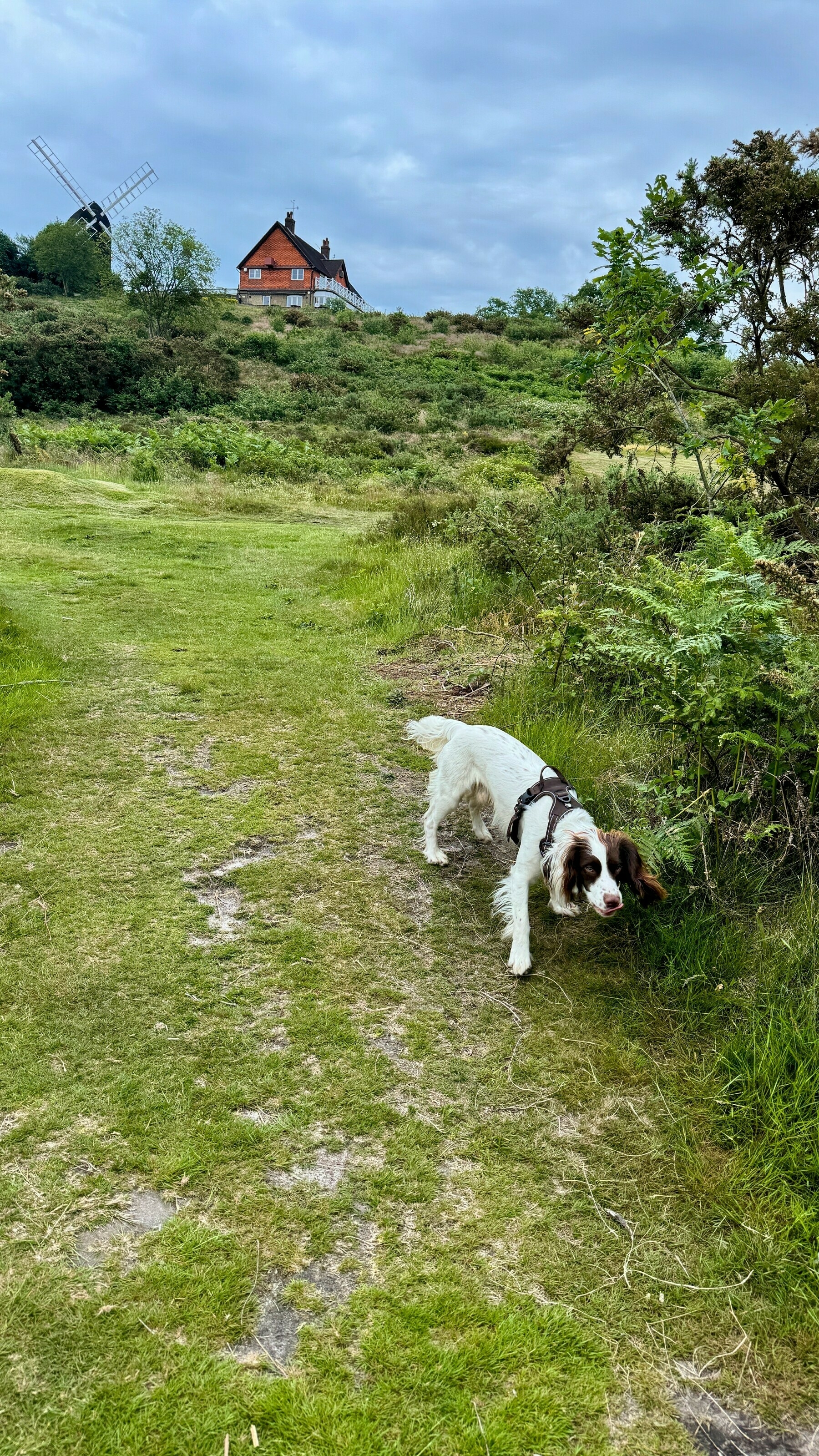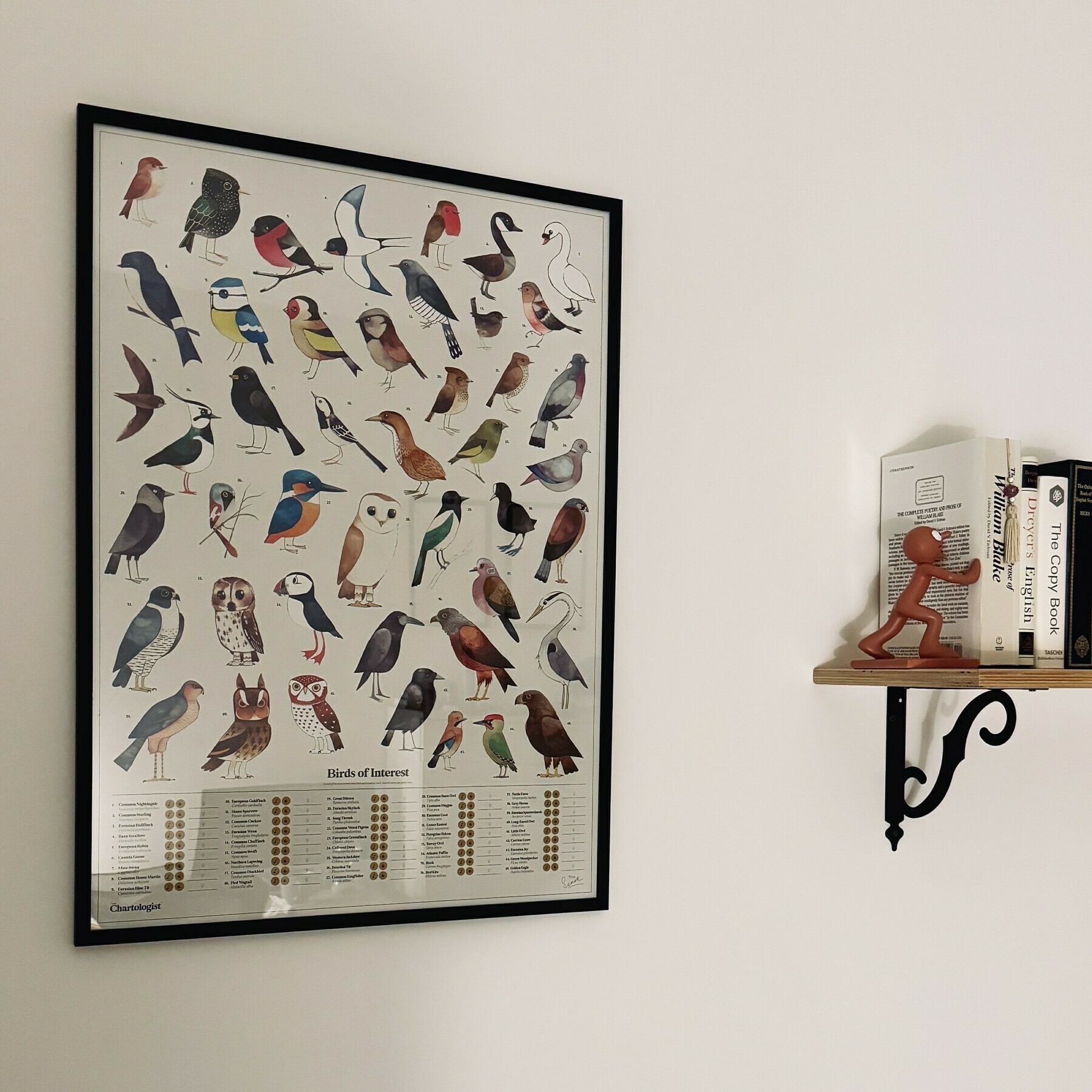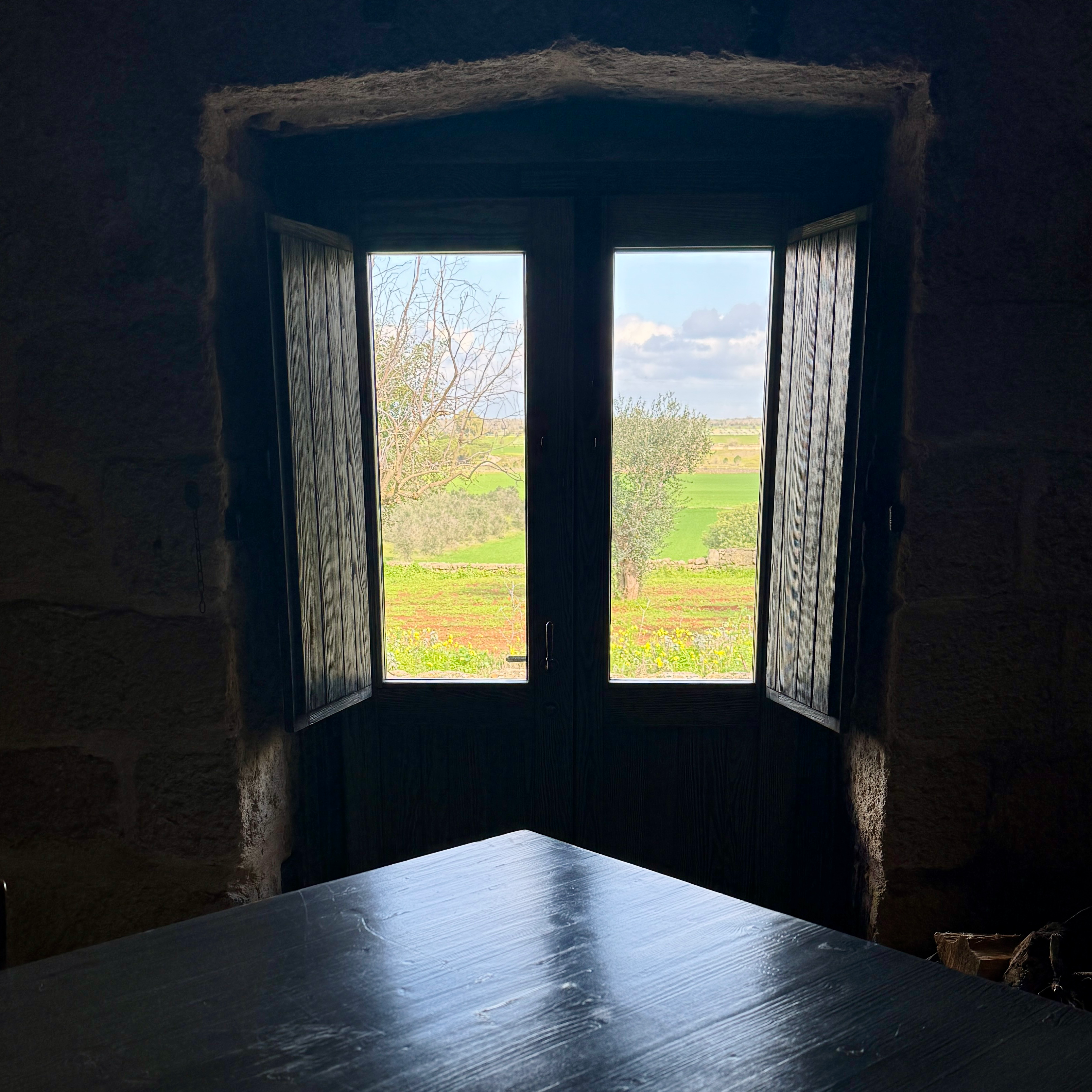
Finished reading: The Thing with Feathers by Noah Strycker 📚

Finished reading: The Thing with Feathers by Noah Strycker 📚

Finished reading: Against the Machine by Paul Kingsnorth 📚
If you agree wholeheartedly with everything you read you are not reading widely enough.

Finished reading: Speed & Scale by John Doerr 📚

Finished reading: Creation Lake by Rachel Kushner 📚

Finished reading: Selected Poems by John Clare 📚

Finished reading: Trading in the Zone by Mark Douglas 📚

Finished reading: The Rattle Bag by Seamus Heaney and Ted Hughes 📚
I asked Gemini to give me a list of science fiction movie recommendations to help convert my girlfriend into a fan of the genre.
Top of the list was Her. We just finished it. It’s about a man who falls in love with an AI.
Beautiful movie, but the context is scary.

Finished reading: The Coming Wave by Mustafa Suleyman 📚

Finished reading: The 10x Rule: The Only Difference Between Success and Failure by Grant Cardone 📚

Finished reading: Hacking Growth by Sean Ellis 📚

Finished reading: Co-Intelligence by Ethan Mollick 📚
It’s always a pleasure to take this gentleman for a walk in the English countryside.
This is a rare example of him standing still long enough for a photo that isn’t blurry.


Finished reading: The Fault in Our Stars by John Green 📚
Philosopher Jonathan Wolff in his introduction to An Introduction to Political Philosophy:
We must not underestimate the progress made by advancing from muddled ignorance to informed bemusement.

Finished reading: The Kids by Hannah Lowe 📚

Finished reading: Reasons to Stay Alive by Matt Haig 📚
Grotta della Poesia in Salento is beautiful at this time of the year.


Finished rereading: Rework by Jason Fried & David Heinemeier Hansson 📚

Finished reading: Company of One by Paul Jarvis 📚

Finished reading: How to Avoid a Climate Disaster by Bill Gates 📚
My home office now feels more like home.


Finished reading: Being Alive by Neil Astley 📚
Just like it used to be @ Masseria le Stanzìe in Puglia.

Lunch with a view.


Finished reading: Don’t Make Me Think by Steve Krug 📚
Published: #4 of the Greener Returns newsletter 📝

Finished reading: Nexus by Yuval Noah Harari 📚